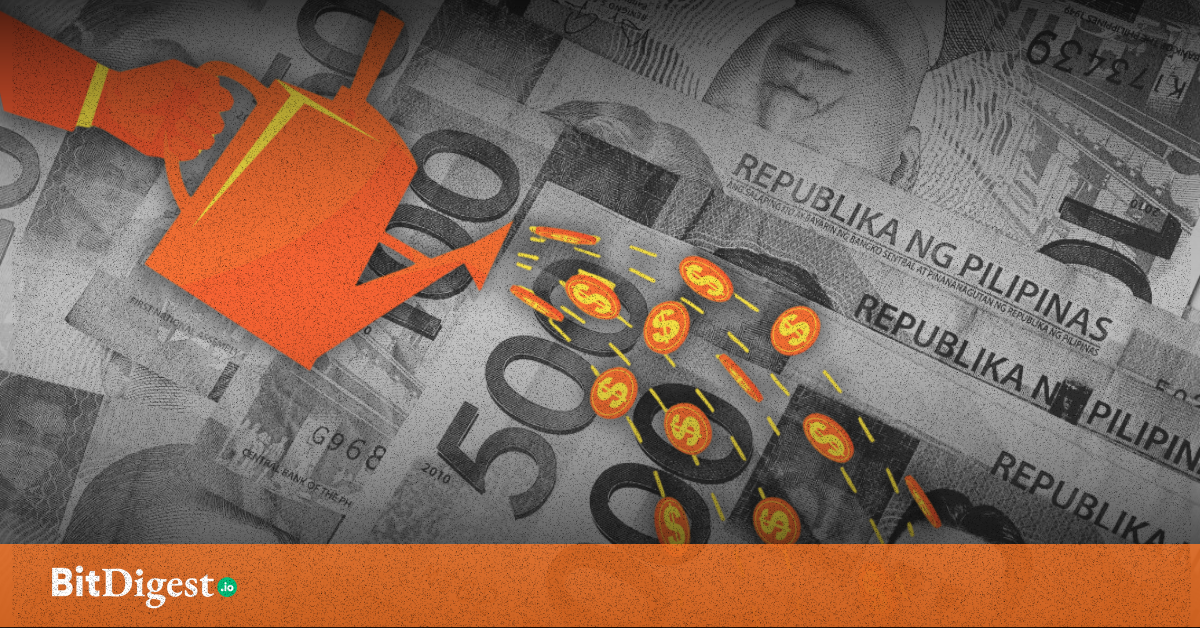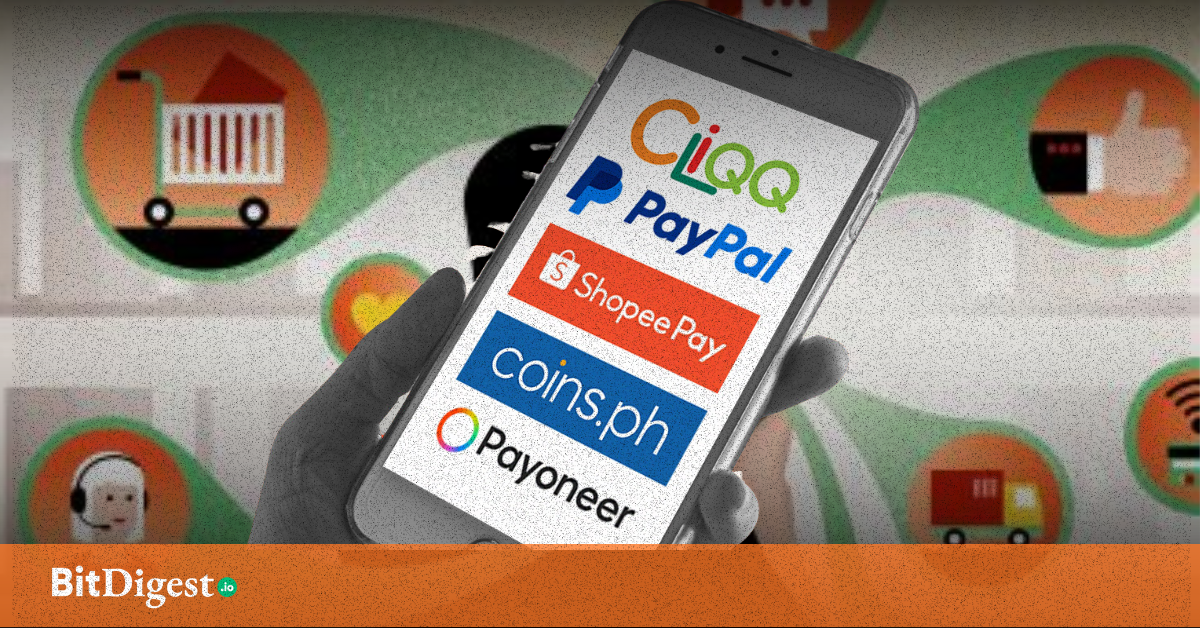Philippines Adopts Tether's USDT for Social Security Contributions
Tether has joined forces with Web3 shopping and infrastructure company Uquid to allow people in the Philippines to use USDT on the TON blockchain for making SSS contributions. This collaboration marks a significant step towards incorporating cryptocurrency in regular financial activities, including government and social services payments.

The Philippines has a government-operated insurance system known as the Social Security System that caters to workers in both formal and informal sectors as well as the private sector. This system offers essential assistance during difficult situations through its two primary programs: social security and employee compensation.
The CEO of Uquid, Tran Hung, praised the collaboration as a significant step towards connecting digital currencies with everyday transactions. With a user base of more than 260 million in just eight years, the platform views this partnership as a new standard for making digital shopping and payments more convenient and accessible.
The emergence of this advancement is in response to the increasing need for stablecoins in different industries. Prominent companies like PayPal have introduced their own stablecoins, and others like Ripple are also preparing to enter the market. Stablecoins are now being utilized more frequently for cross-border transactions at the institutional level, demonstrating their growing significance in the financial landscape.
The utilization of USDT in government-mandated transactions showcases the capability of cryptocurrency to streamline and improve everyday financial transactions. This also showcases the progressive mindset of the Philippines towards modern financial solutions, which could lead to a wider acceptance of cryptocurrency in government and social services.
Regulating Cryptocurrency in the Philippines
The regulation of cryptocurrencies in the Philippines is currently undergoing significant transformations. According to Bitskwela, a grassroots initiative that focuses on blockchain education in the Philippines, the government has established a technical working group to develop guidelines for regulating blockchain and cryptocurrencies in the country.
Congressman Joey Maceda's House Bill No. 658, also known as the Blockchain Technology Development Act, proposes a regulatory framework for the blockchain sector.
Recently, the Department of Information and Communications Technology (DICT) in the Philippines introduced eGov chain, a blockchain system for the government. The reason for incorporating this program is based on the unalterable nature of blockchain technology.
.svg)


.svg) SHARE TO FACEBOOK
SHARE TO FACEBOOK SHARE TO TWITTER/X
SHARE TO TWITTER/X SHARE TO LINKEDIN
SHARE TO LINKEDIN SEND TO MAIL
SEND TO MAIL




.svg)


.svg)